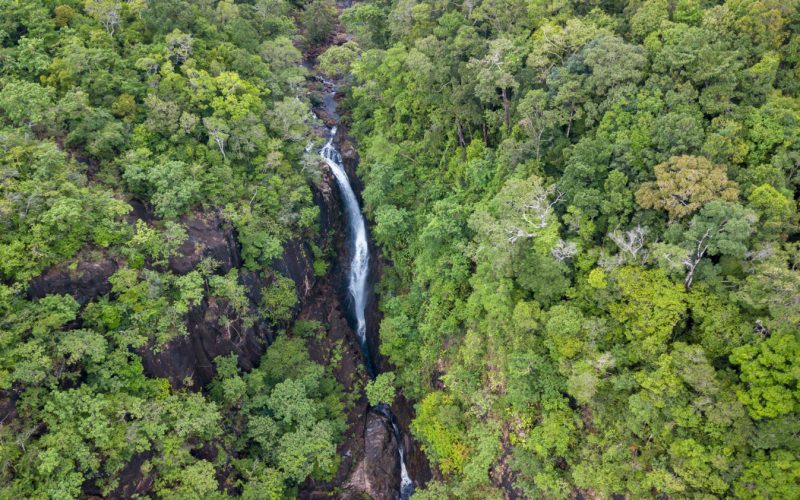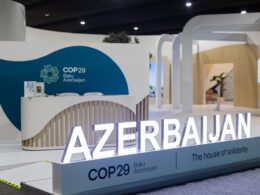Brazilian reforestation startup Re.green has signed a partnership with Agro Penido to restore 600 hectares (1,482 acres) of degraded land in Brazil’s Amazon rainforest. This collaboration aims to plant native species and generate carbon credits, advancing reforestation efforts ahead of the COP30 UN climate summit in Belém.
This is the first time Re.green is partnering with a landowner to restore farmland, marking a shift in its approach. The company, backed by billionaire João Moreira Salles and asset managers such as Lanx Capital and Gávea Investimentos, has already purchased 26,000 hectares from ranchers and aims to restore 1 million hectares of land in Brazil.
The partnership focuses on restoring less productive parts of Agro Penido’s farms near the Xingu Indigenous Park in Mato Grosso, Brazil’s largest grain-producing state. Re.green plans to create forests that will not only yield carbon credits but may also produce sustainable timber.
The initial phase of the project is expected to generate approximately 300,000 carbon credits, each representing the removal of one metric tonne of carbon dioxide equivalent from the atmosphere. These credits, sold at a premium, could fetch $50 to $100 in private markets.
“This partnership model is essential for scaling our operations,” said Re.green CEO Thiago Picolo. “Collaborating with landowners allows us to expand our impact while involving them in the reforestation business.”
Turning degraded land into forests creates carbon credits, a growing market as companies seek to offset emissions. Major global firms, including Microsoft, Google, and Meta, have purchased Brazilian carbon credits as part of their sustainability strategies.
Scientists stress the Amazon’s critical role in mitigating climate change, given its ability to absorb significant amounts of carbon dioxide. However, critics argue that relying on carbon offsets can allow companies to delay meaningful emissions reductions.
Agro Penido, which currently manages 40,000 hectares of farmland producing soybeans, corn, and cotton, plans to expand its agricultural operations to 65,000 hectares by 2027/28. Co-owner Caio Penido noted the reforestation project could double to cover 1,200 hectares in the future, demonstrating the potential for balancing sustainable farming with conservation efforts.
As Brazil moves to formalise its carbon credit market, partnerships like this highlight the country’s potential to lead global reforestation initiatives while providing scalable solutions to combat climate change.





















